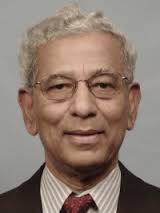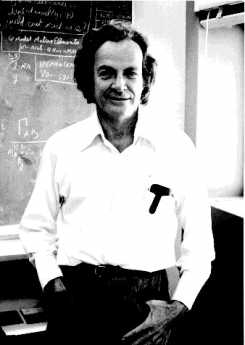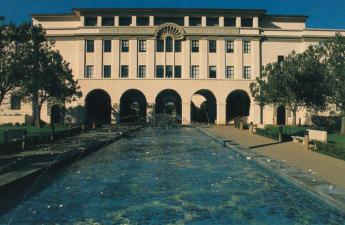Related Topics
Academia (2)
continued.
Science
Science
Revisionist Themes
In taking a comprehensive view of a city, an author sometimes makes observations which differ from the common view. Usually with special pride, sometimes a little sullen.
Personal Passions
My own personal short list; eight decades in retrospect.
Right Angle Club 2011
As long as there is anything to say about Philadelphia, the Right Angle Club will search it out, and say it.
Nanoparticles: The Dwarfs are Coming

|
| Professor Shyamelendu Bose |
Professor Shyamelendu Bose of Drexel University recently addressed the Right Angle Club of Philadelphia about the astounding changes which take place when particles are made small enough, a new scientific field called nanotechnology. In one sense, the word "nano" comes from the Latin and Greek for "dwarf". In a modern scientific sense, the nano prefix indicates a billionth of something, as in a nanometer, which is a billionth of a meter. Or nanotubes, or nano calcium, or nano-anything you please. A nanometer is likely to be the dominant reference because it is around this width that particles begin to act strangely.

|
| Nanoparticles |
At this width, normally opaque copper particles become transparent, the cloth becomes stain-resistant, and bacteria begin to emit clothing odor. Because the retina is peculiarly sensitive to this wavelength, colors assume an unusual brilliance, as in the colors of a peacock's tail. The stable aluminum powder becomes combustible. Normally insoluble substances such as gold become soluble at this size, malleable metals become tough and dent-proof, and straight particles assume a curved shape. Damascus steel is unusually strong because of the induction of nanotubes of nanometer width, and the brilliance of ancient stain-glass colors is apparently created by repeated grinding of the colored particles.

|
| Richard Feynman of Cal Tech |
Practical exploitation of these properties has almost instantly transformed older technologies and suggests the underlying explanation for others. International trade in materials made with nanotechnology has grown from a few billion dollars a year to $2.6 trillion in a decade, particularly through remaking common articles of clothing which were easily bent or soiled, into those which are stain and water resistant. Scientists with an interest in computer chips almost immediately seized upon the idea, since many more transistors can be packed together in more powerful arrangements. Richard Feynman of Cal Tech seems to be acknowledged as the main leader of this whole astounding field, which promises to devise new methods of drug delivery to disease sites through rolling metal nanosheets into nanotubes, then filling the tubes with a drug for delivery to formerly unreachable sites. Or making nanowires into various shapes for the creation of nano prostheses.

|
| Cal Tech on Los Angeles |
And on, and on. At the moment, the limitations of this field are the limitations only of imagination about what to do with it. For some reason, carbon is unusually subject to modification by nanotechnology. It brings to mind that the whole field of "organic" chemistry is based on the uniquenesses of the carbon atom, suggesting the two properties are the same or closely related. For a city with such a concentration of the chemical industry as Philadelphia has, it is especially exciting to contemplate the possibilities. And heartening to see Drexel take the lead in it. There has long been a concern that Drexel's emphasis on helping poor boys rise in the social scale has diverted its attention from helping the surrounding neighborhoods exploit the practical advances of science. The impact of Cal Tech on Los Angeles, or M.I.T on Boston, Carnegie Mellon on Pittsburgh, and the science triangle of Durham on North Carolina seems absent or attenuated in Philadelphia. We once let the whole computer industry get away from us by our lawyers diverting us into the patent-infringement industry, and that sad story has a hundred other parallels in Philadelphia industrial history. Let's see Drexel go for the gold cup in this one -- forget about basketball, please.
Originally published: Wednesday, November 30, 2011; most-recently modified: Friday, May 24, 2019